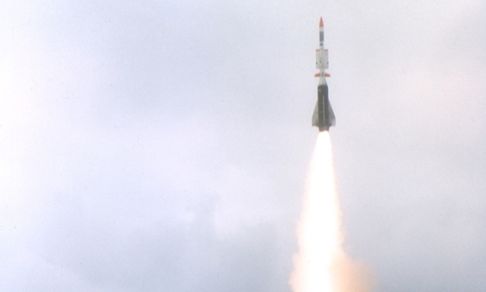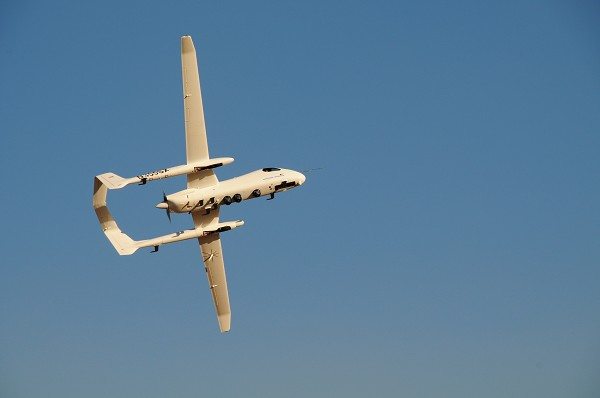NATO leader Anders Fogh Rasmussen said Wednesday that the Western military alliance would not attack Russia, as he sought to soothe Moscow’s concerns over NATO’s missile defence system.
Rasmussen said Russian rhetoric was unnecessary and stuck in the past, as he insisted that the missile shield project in Europe would go ahead anyway regardless of whether the Kremlin decided to cooperate.
Speaking to a missile defence conference at the Royal United Services Institute military think-tank in London, the NATO secretary general said he could offer Moscow guarantees that the project was not targeted at them.
“Large parts of Russia and many Russian citizens face a missile threat too and NATO is convinced that cooperating with Russia on missile defence is in the interests of all of us,” Rasmussen, the former Danish prime minister, said.
“It makes sense politically, practically and militarily.
“What does not make sense is for Russia to talk about spending billions of roubles on a new offensive system to target the West.
“This type of rhetoric is unnecessary. This type of thinking is out of date. This type of investment is a waste of money because we are not a threat to Russia.
“We will not attack Russia. We will not undermine the security of Russia.
“The threat to Russia comes from elsewhere and our invitation to cooperate on missile defence is proof of that.
“We have taken a decision to build an allied system. That is a reality; and that will not change.”
Russian President Dmitry Medvedev agreed at a NATO summit in November to explore the possibility of cooperating with the former Cold War foe on a system to protect Europe’s population from the threat of ballistic missiles.
The North Atlantic Treaty Organization, which brings together 28 countries in Europe and North America, is thought to view Iran and North Korea as posing a longer-term missile threat to NATO territory.
Fearing that the system would undermine its nuclear deterrent, Moscow has demanded a legally binding guarantee that the missile shield was not aimed at Russia.
“The best guarantee for Russia is to be part of the process and connected to the system,” Rasmussen said.
“We could envisage setting up a joint centre where we could look at the ballistic missile threat together, share early warning data, exchange information and share assessments.
“We could also envisage setting up a joint centre where we could coordinate our responses.”
The NATO chief was due to hold talks with British Prime Minister David Cameron on the alliance’s Libya operation later Wednesday.











